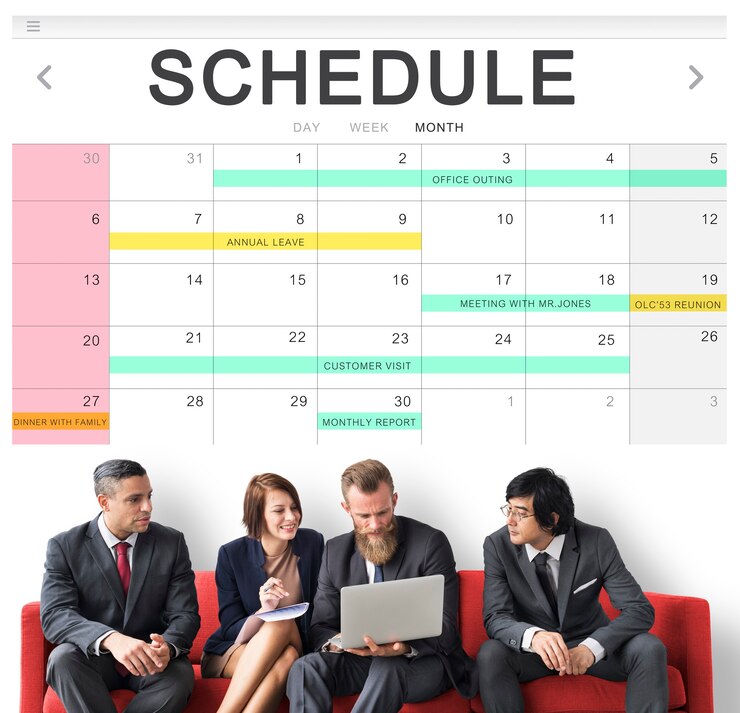Social media role on NGOs working in worldwide
Social media role on NGOs working in worldwide
Submit your Nominations for Country Director on info@aiuno.org
Social media plays a significant and multifaceted role in the operations of non-governmental organizations (NGOs) working worldwide. Here are some of the key ways in which social media impacts NGOs:
- Awareness and Advocacy:
- Raising Awareness: NGOs use social media to raise awareness about their causes and the issues they address. They can share stories, facts, and updates, which can reach a global audience quickly.
- Advocacy Campaigns: Social media is a powerful platform for running advocacy campaigns. NGOs can mobilize supporters to take action, such as signing petitions, contacting policymakers, or participating in rallies.
- Fundraising:
- Crowdsourcing and Donations: Social media platforms allow NGOs to solicit donations from a wide audience. Crowdsourcing and online fundraising campaigns can quickly go viral and generate substantial support.
- Transparency and Accountability:
- Real-Time Updates: NGOs can use social media to provide real-time updates on their projects, ensuring transparency in how funds are utilized and what progress is being made.
- Community Building:
- Engaging Supporters: NGOs can build and engage a community of supporters, including volunteers, donors, and activists, through social media. This helps in fostering a sense of belonging and commitment.
- Peer-to-Peer Engagement: Supporters can share their own experiences and stories, further expanding the reach and impact of the NGO’s work.
- Information Dissemination:
- Disaster Response and Relief: In times of emergencies or disasters, social media is crucial for disseminating vital information, mobilizing resources, and coordinating relief efforts.
- Education and Awareness: NGOs can provide educational content on important topics, disseminate health information, and share resources with their followers.
- Partnership and Collaboration:
- Networking: Social media allows NGOs to connect with other organizations, donors, and individuals who may be interested in collaborations or partnerships.
- Global Reach:
- International Audience: NGOs can reach a global audience, allowing them to promote their mission and projects internationally and seek support from around the world.
- Data Collection and Analysis:
- Audience Insights: Social media platforms provide data and analytics that NGOs can use to better understand their audience and tailor their strategies accordingly.
- Campaign Impact Measurement:
- Monitoring Campaign Effectiveness: NGOs can measure the impact of their social media campaigns, track engagement metrics, and make data-driven decisions to improve their outreach.
- Advocacy for Policy Change:
- Influencing Policy: NGOs can use social media to advocate for policy changes at national and international levels. They can engage policymakers and the public to build support for their causes.
- Amplifying Local Voices:
- Giving a Platform to Local Communities: NGOs can use social media to amplify the voices of marginalized or underrepresented communities and bring their concerns to a global audience.
- Challenges and Risks:
- NGOs should be aware of the challenges and risks associated with social media, including managing online harassment, misinformation, and data privacy concerns.
In summary, social media is a powerful tool for NGOs to amplify their voices, mobilize support, and make a significant impact on a global scale. It has transformed the way NGOs operate, enabling them to connect with audiences, supporters, and partners worldwide, making their work more effective and far-reaching.
Climate solutions accelerator program
American jewish world services
Women’s peace and humanitarian fund
Business plan tools for startups
Internally displaced persons ukraine








